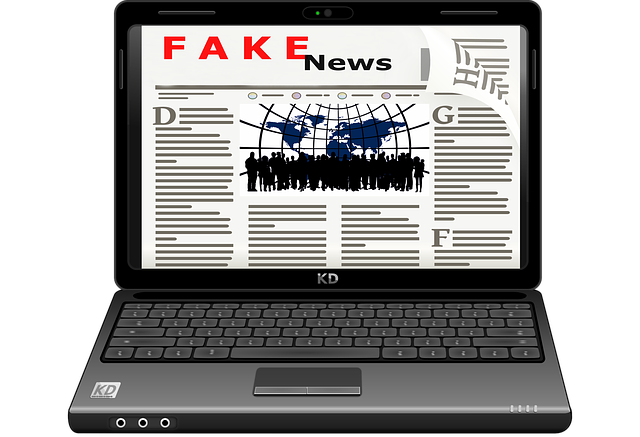 As fake news reports proliferate, media pundits, journalists and public relations experts ponder how to combat the scourge. Proposed solutions include increased media fact-checking, improved social media algorithms and a browser extension for flagging fake news reports.
As fake news reports proliferate, media pundits, journalists and public relations experts ponder how to combat the scourge. Proposed solutions include increased media fact-checking, improved social media algorithms and a browser extension for flagging fake news reports.
Fake news threatens traditional publishers and broadcasters along with social media platforms, undermining their authority and authenticity. Public relations also has a major interest in stemming fake news, because misinformation damages the trust the public has in corporate news announcements. Fake news is not new, but its amplification through social media gives it a new dimension, causing it to become more pervasive. Unlike corporate spin or political exaggeration, fake news is completely and intentionally made up.
Research by Jonathan Albright, assistant professor of communications at Elon University, North Carolina, shows that fake news sites use search engine optimization by linking to one another and mainstream news sources. Albright reveals a “vast satellite system that is encroaching on the mainstream news system,” according to The Guardian.
Both large corporations like Pepsi and small businesses like a Washington, DC, pizzeria have been victimized by fake news reports.
How PR Can Combat Fake News
Here’s how PR can respond to the threat of fake news.
Add fake news to your PR crisis preparedness plans. Meet with your team to discuss and prepare tactics. Brainstorm different scenarios, assign responsibilities for responding and establish a workflow.
Continually monitor brand mentions. Adjust your media monitoring tool to focus on websites known to produce false information. “Implement robust monitoring of online media and the social web for your company name, brands and key spokespeople,” recommends Stephen Waddington, partner and Chief engagement officer at Ketchum and a visiting professor at the Newcastle University, in his public relations framework for fighting fake news.
Respond swiftly to counter misinformation. Subscribe to real-time alerts that immediately inform you when your company, products or other keywords are mentioned online. Rather than repeating falsehoods, share positive news. Seek a takedown of the original story if possible. Be forewarned that legal action may have little impact on public sentiment toward your brand.
Be transparent in issuing corporate news. Be completely straightforward in making news announcements about your company and its brands. “Spinning” or submerging facts can end up being perceived as “fake news.” (Educate C-level executives on the heightened need for transparency in corporate communications.)
Consider paying to play. Paid search and social media advertising can promote your view. Develop the skills and put a budget in place before a PR crisis
Recruit employee advocates. Employees can be potent allies in countering fake news by sharing content with their personal networks.
Develop relationships with influencers who can help counter falsehoods – before a crisis erupts. Journalists, bloggers and other influencers can help counter negative news if you’ve established relationships in advance. “These are the people who will help you when your competitor decides to take you down by creating fake news,” says Gini Dietrich, founder and CEO of Arment Dietrich, in her Spin Sucks blog.
Consider human analysts. Automated monitoring and measurement software may not be able to detect a fake news story. That may require human analysts who are knowledgeable about the organization and its products. The content analysis to identify fake news stories could be outsourced to the media monitoring service or done by the organization’s own staff.
Advocate for change. Facebook, Google and others are working on various projects to counter fake news, such as ways for viewers to flag made-up news. PR professionals can lobby for vigorous responses.
Support fact checkers. It’s critical for the PR industry to support fact checkers, such as FactCheck.org and Glenn Kessler at The Washington Post. “Kessler, FactCheck.org and others are a start, but they are fighting a losing battle against the torrent of fake news and satire. We need more validators using the right tools to fact check and communicate their findings,” argue Scott Widmeyer and Marty Machowsky at Finn Partners.
Bottom Line: PR has a responsibility to take a leading role in combatting fake news. It’s imperative for PR to monitor social media for brand mentions and swiftly counter misinformation. However, PR can play a larger role by pushing Google and Facebook to stop fake news and supporting fact-checking organizations.
William J. Comcowich founded and served as CEO of CyberAlert LLC, the predecessor of Glean.info. He is currently serving as Interim CEO and member of the Board of Directors. Glean.info provides customized media monitoring, measurement and analytics solutions across all types of traditional and social media.




